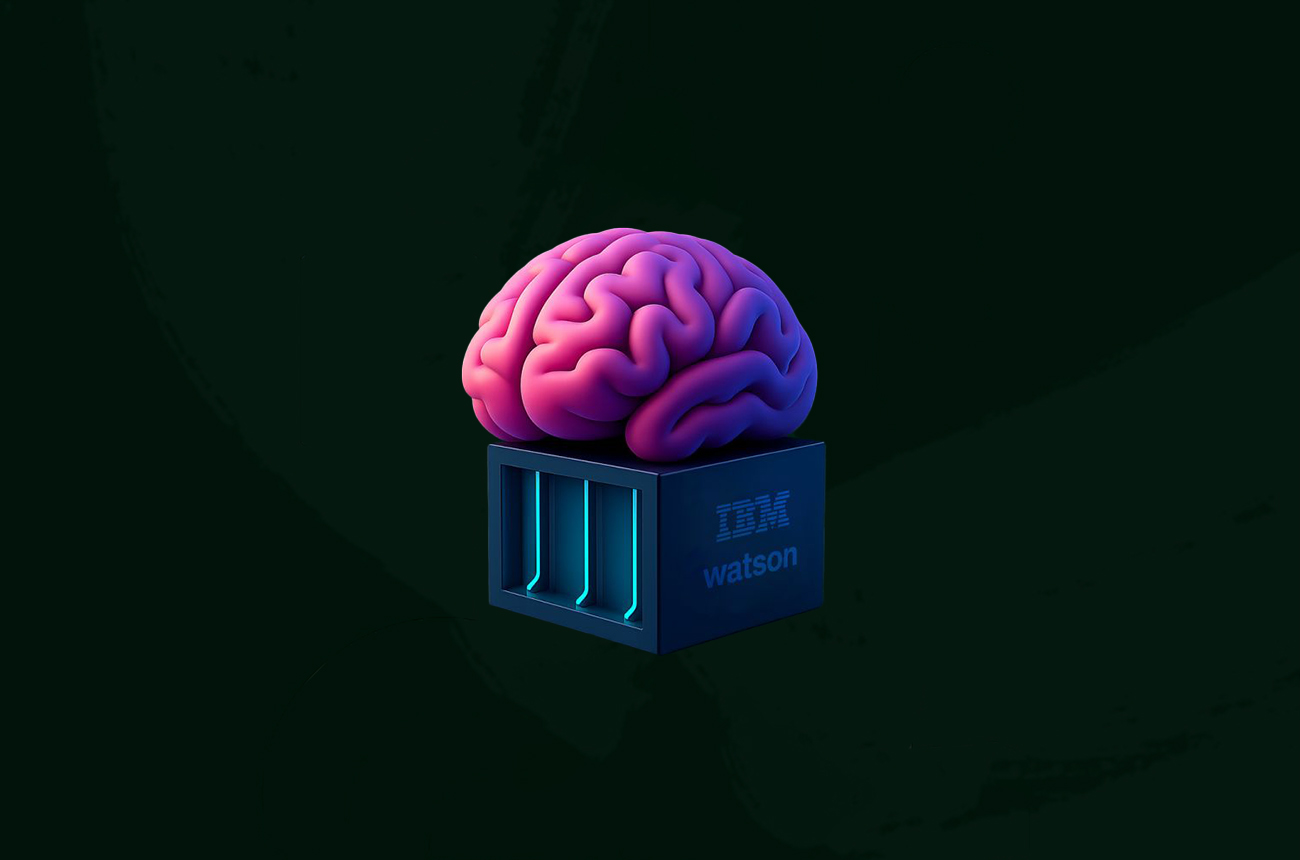
IBM Watson for Oncology was pitched as revolutionary. AI that helps doctors pick the right cancer treatment, but it never lived up to the promise.
Because it wasn’t trained on real patients. It learned from synthetic, clean, hypothetical data. And when real-life complexity hit, it broke. Doctors lost trust & hospitals pulled the plug. AI in healthcare lost credibility.
It tried to guide doctors without understanding their context.
Fix: Define scope. AI should support, not simulate expertise.
It wasn’t built with clinicians, just for them.
Fix: Involve experts. Design around real decision paths.
No messy, diverse, real-world inputs = hallucinated outputs.
Fix: Use anonymized patient data, validated in cycles.
Watson couldn’t handle uncertainty.
Fix: Model ambiguity. Build fallback paths. Plan for failure.
In healthcare, AI mistakes can be fatal.
Fix: Embed ethics. Make safety the default.
Whether you’re in finance, HR, or law… if your AI gives advice without grounding in reality, you’re not scaling intelligence, you’re scaling liability.
Your AI is only as good as your audit. Audit first. Deploy second.
SensAI, Agentic AI dojo.